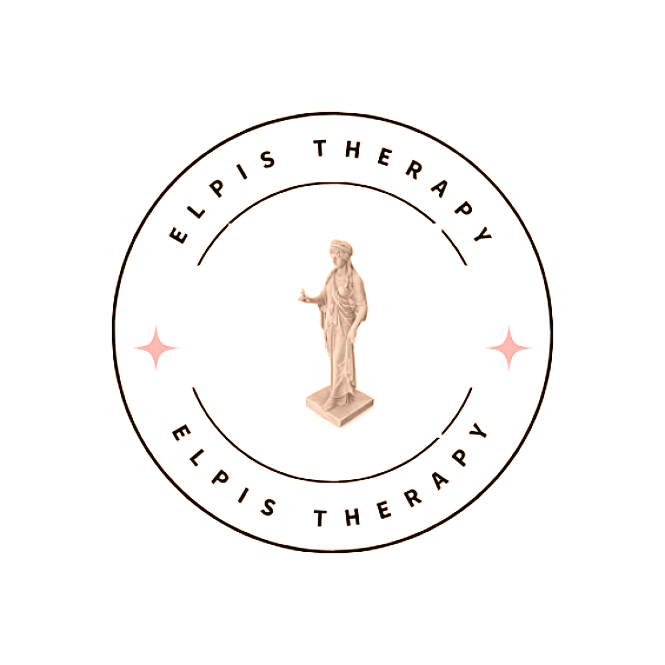How enmeshment in childhood leads to trauma into adult relationships
An essential task of parenting is to promote the growth of the child in ways that support the healthy development of autonomy. A balanced parent–child relationship is marked by interdependence and mutual give-and-take, where both sides feel valued and respected. This type of relationship is grounded in emotional connection, with families spending quality time together - sharing meals, playing games, completing household chores - and navigating disagreements constructively. Both parent and child feel heard, respected, and free to enjoy personal space.
When trauma is passed down through generations and left unacknowledged or untreated, children are often prevented from developing autonomy, emotional independence, and the ability to pursue their own goals. Instead, parents may view their children as extensions of themselves, blurring the boundaries between parent and child. These families become emotionally fused in unhealthy ways, a dynamic known as enmeshment. In such families, a child may also be used as an emotional substitute - particularly when one parent is emotionally or physically absent, or when a parent struggles with a serious condition that limits their ability to care for themselves.
Signs of Enmeshment
Lack of personal boundaries.
The parent becomes overly involved, positioning the child as a best friend or even an alternative to adult companionship. When marital love and satisfaction are lacking, the parent turns to the child for comfort, sharing adult concerns about finances, work stress, marriage, or personal frustrations. Sometimes, the child is placed on a pedestal as the “favorite.” As the child grows into adulthood, the parent may continue to intrude - showing up unannounced, calling multiple times a day, and demanding access to every detail of their child’s life.Dependent relationships.
Through repeated overly intimate conversations, the child learns to believe they are their parent’s primary source of happiness. This creates a powerful sense of responsibility for the parent’s well-being. The child becomes fearful of causing disappointment or failing to solve the parent’s problems. Over time, both parent and child become overly reliant on one another for emotional support and even decision-making.
Consequences of Enmeshment in Adulthood
Enmeshment has long-lasting effects that often shape adult relationships. Common consequences include:
Difficulty establishing healthy boundaries.
The adult child may either allow others to cross their boundaries or, conversely, develop entitlement that prevents them from valuing independence and autonomy.Feeling trapped in intimate relationships.
Even after forming romantic partnerships, the adult child may continue to seek closeness with the “left behind” parent. They may swing between love and resentment toward their partner, cut off relationships when partners reject parental intrusion, or self-sabotage due to fear of commitment.Guilt.
Adult children may avoid pursuing their dreams - such as moving away from their hometown - because they feel guilty for not meeting their parent’s needs.Undeveloped identity.
Instead of developing their own belief systems and aspirations, the adult child adopts their parent’s views and unmet dreams. For instance, if a parent lacked financial stability and frequently complained about a partner’s inability to provide, the child may adopt financial success as their primary life goal - not as their own authentic aspiration, but to maintain their status as the “favorite” child.Attraction to similar partners.
Adult children may unconsciously seek partners who resemble their parent - needy, lacking boundaries, or over-reliant—thus recreating familiar patterns. If they grew up dependent on their parent, they may look for partners willing to take on the same role.
Breaking Free
Although not always recognized, these patterns are forms of emotional abuse. Children raised in enmeshed families often lose their emotional footing, suffering delays in social, emotional, and psychological development that extend into adulthood.
The first step toward healing is recognition - understanding how enmeshment has shaped your relationships and sense of self. Seeking professional support can then help you challenge inherited beliefs, rebuild your identity, and learn how to develop healthy, balanced relationships.
